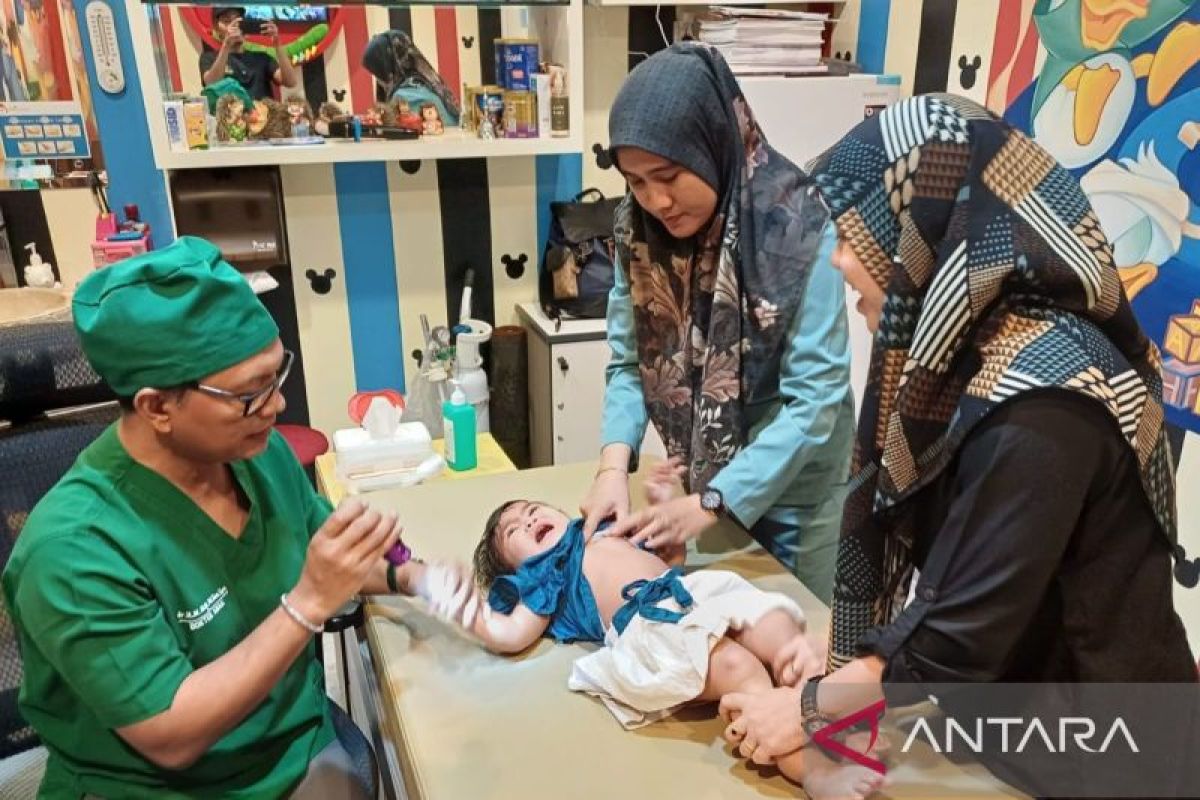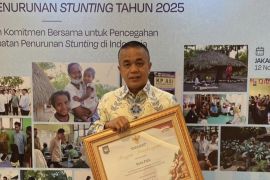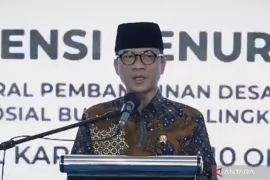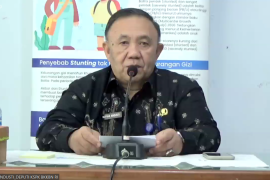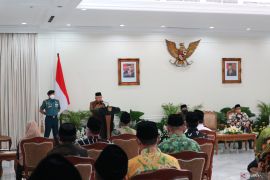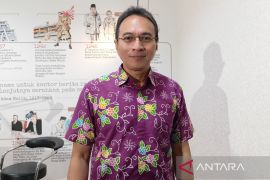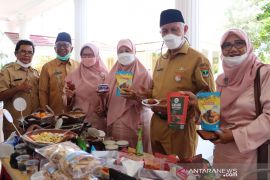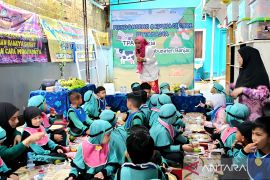"Stunting prevention is the responsibility of all of us. And with good cooperation, we can create a healthy, intelligent, and quality generation in Indonesia," the agency's deputy for family welfare and empowerment, Nopian Andusti, said on Wednesday.
In recent years, various stakeholders have committed to and worked hard to tackle stunting, from the government, non-governmental organizations, medical professionals, and academics to volunteers and families in Indonesia.
Stunting refers to a condition where children under the age of 5 fail to thrive due to a chronic lack of nutrition and repeated infections, particularly in the first 1,000 days of life.
According to Andusti, the first 1,000 days of life are very critical as they determine the quality of children's future health. At the same time, they determine whether the children will grow and develop normally or otherwise.
He pointed out that children who experience stunting are at risk of developing various problems in terms of cognitive development, learning abilities, and productivity in adulthood.
Stunting prevention is not only limited to ensuring that children get good nutrition, but also involves health management, starting from ensuring the health of prospective brides and grooms and pregnant women to the provision of exclusive breastfeeding, nutritious diets, good sanitation, and adequate health services.
Therefore, the role of the family—especially mothers and fathers—is important in preventing stunting.
In maintaining the quality of children's growth and development from an early age, family support teams (TPKs) also have a strategic role, Andusti said.
The teams have the important task of accompanying families, providing education related to parenting and nutrition, and encouraging access to quality health services.
"The family support team is the main partner in ensuring that messages and programs for preventing stunting can reach and be implemented by families throughout the country," he explained.
Along with efforts made by stakeholders to reduce stunting, there is a need for strong synergy between various parties, such as the government, health workers, and the community, he emphasized.
He invited the community to utilize the TPK class, a briefing session for TPK that uses a problem-based learning approach.
As part of the class, TPK teams are tasked with observing the available data and information on children aged under two and determining the next steps for assistance and interventions so that they can help overcome any problems and reduce risk factors for stunting.
Andusti then invited the community to continue efforts to prevent and reduce stunting by seeking innovations and leading strategies.
He said he believes that through the unity of determination and the hard work of all stakeholders, this common goal can be achieved.
"Hopefully, this positive spirit will continue to grow, and can have a real impact on society, especially in achieving the target of reducing the prevalence of stunting," he added.
Related news: Govt using nutrition reporting app to improve stunting data validity
Related news: Indonesia's human, economic developments run in concert: Ministry
Translator: Rizka Khaerunnisa, Yashinta Difa
Editor: Aditya Eko Sigit Wicaksono
Copyright © ANTARA 2024
